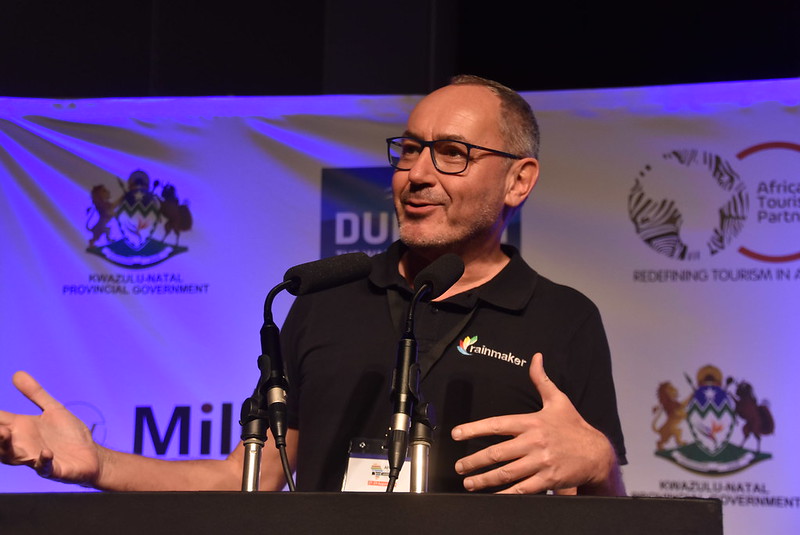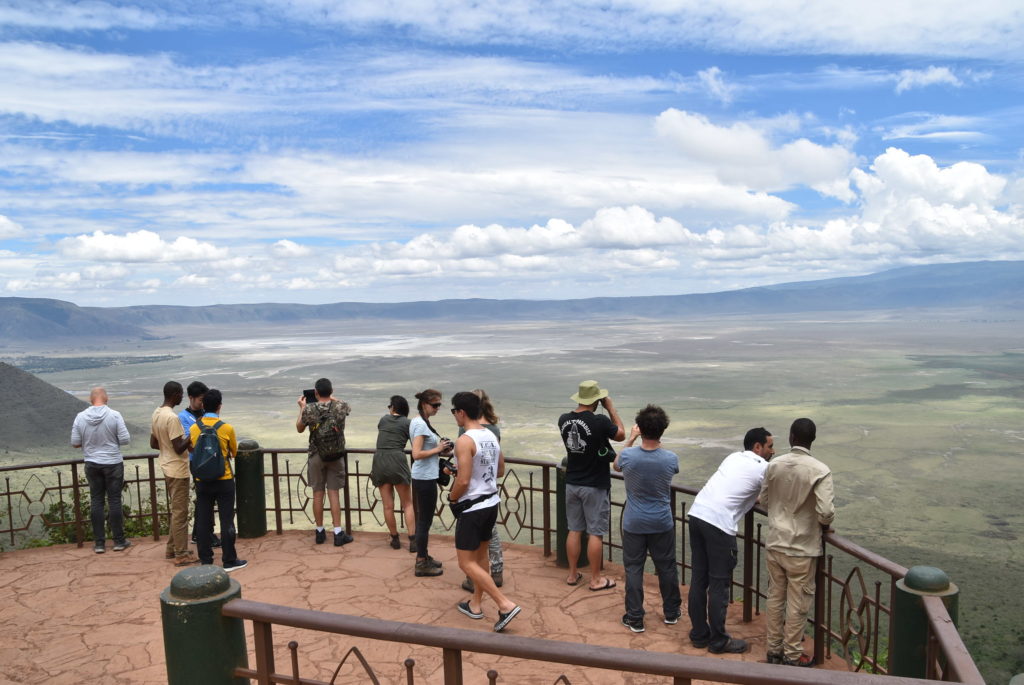The global travel, tourism and hospitality industry is changing at an ever-faster pace. The internet has caused a paradigm shift in traveller behaviour. New market players, business models, value chains and thousands of applications, as well as multiple systems and platforms, are available, making the day-to-day business of hospitality and tourism companies, as well as tourism authorities, insanely and overwhelmingly complex.
At the same time, the hospitality and tourism industry has remained traditional, not adapting well to change. The industry is not an innovative one, aside from the start-ups that are trying to disrupt single aspects of it, mainly on the consumer facing end of the value chain.
Hospitality and activity providers (particularly emerging, small, medium and independent ones), as well as small independent tour operators in destinations, are overwhelmed, unable to cope with ever-faster changes and growing complexity.
In Africa, only 10% of the current 200,000 plus hospitality and tourism providers have a digital presence, while only 15% of them are using any technology to operate their business. This puts them at a huge disadvantage while they operate on Pen & Paper, Excel or Outlook.
As a result, these businesses have become dependent on either traditional and no longer sustainable value chains (i.e. Thomas Cook) or global giant market dominating digital value chains (i.e. booking.com).

Today’s traveller’s research on the internet for months, visiting hundreds of websites, social media platforms, review platforms, online travel agents and so forth. In this dreaming and planning phase, they are in no rush. However, when they have made their decision and have planned their trip, their mindset shifts. They demand instant gratification when booking and paying for the trip.
This is where 85% of the providers in African destinations fail. The customers are ready to make their booking and payment, but the in-destination providers are not ready. This does not make the customer to do business with them conveniently and seamlessly. When the customer shifts to “instant gratification” mode, they do not want to email, send enquiry forms or even phone.
This results in three types of losses for the destination and its hospitality and tourism businesses:
1. The customer decides to go elsewhere, as it is just too complicated to book.
2. The customer asks a high street travel agent to make the booking. As a result, the supplier in the destination pays 60% to 80% of their profit for those bookings for no good reason since this customer is not a genuine customer of this traditional value chain, he becomes one out of frustration and desperation.
3. The customer makes use of online travel agents. Again, the supplier in the destination pays 60% to 80% of their profit for those bookings for no good reason.
In order to create and develop a sustainable hospitality and tourism industry in Africa, it is of utmost importance to enable the hospitality and tourism providers. This includes a digital transformation strategy initiative enabling them to make use of technology and conveniently and seamlessly do business with their potential customers.
At the same time, education, training, awareness and capacity building in African destinations is crucial.
It is rainmaker’s passion to democratise technology that previously only large organisations could afford and contribute to African destinations and their hospitality and tourism businesses, enabling them to partake in the digital paradigm shift. rainmaker’s VISTA Destination Network Open Platform and Ecosystem technology does exactly this.
Our Public-Private Partnership Model for Destinations and Tourism Authorities, and our Freemium business model builds the basis in terms of a Digital Transformation Initiative for the destination, aligned to the UNWTO Digital Transformation Strategy.
Our technical and capacity building enablement is of utmost importance for a destination, its businesses and its people. It enables the entire sector to keep more tourism spend in the destination and for its businesses to move towards a sustainable tourism development, as well as local prosperity, contributing to the UNWTO Tourism Sustainability Goals.
Author: Thomas Mueller
This Article was first published in the 10th issue of the VoyagesAfriq Travel Magazine








